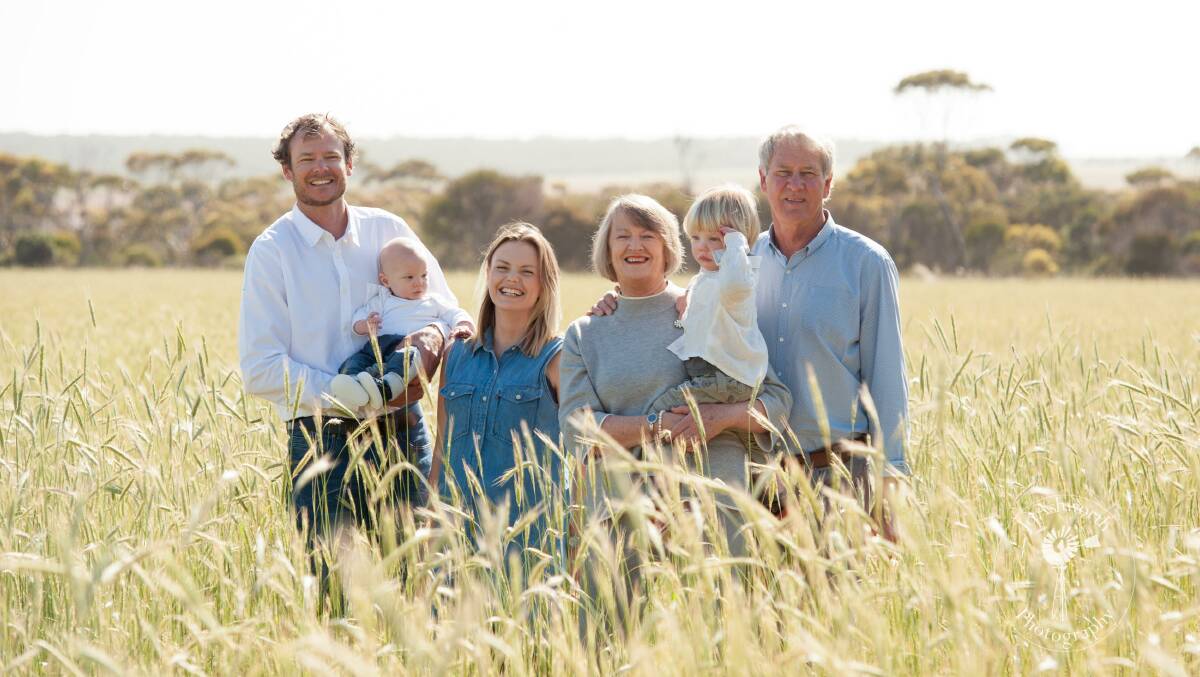
GO BACK a few summers past and Nick Kelly remembers the family farm at Newdegate being a hot, dry and dusty place.
Subscribe now for unlimited access to all our agricultural news
across the nation
or signup to continue reading
Without summer cover crops, the surrounding temperatures rose and the paddocks looked dead.
Fast forward five years and the Kelly family's Hollands Track Farm is a different place - summer perennial pastures are rejuvenating the soil, water resources are improving and those grim, harsh summers are a memory.
"Our farm now, or large parts of it, are generally green all summer and it has changed the environment - definitely,'' Mr Kelly said.
"It has changed the temperature on the farm and we are keeping the biology alive all summer long.
"We are still pumping carbon into the soil, we are increasing our water holding capacity and that biology is accessing more nutrients for the plants which are growing.''
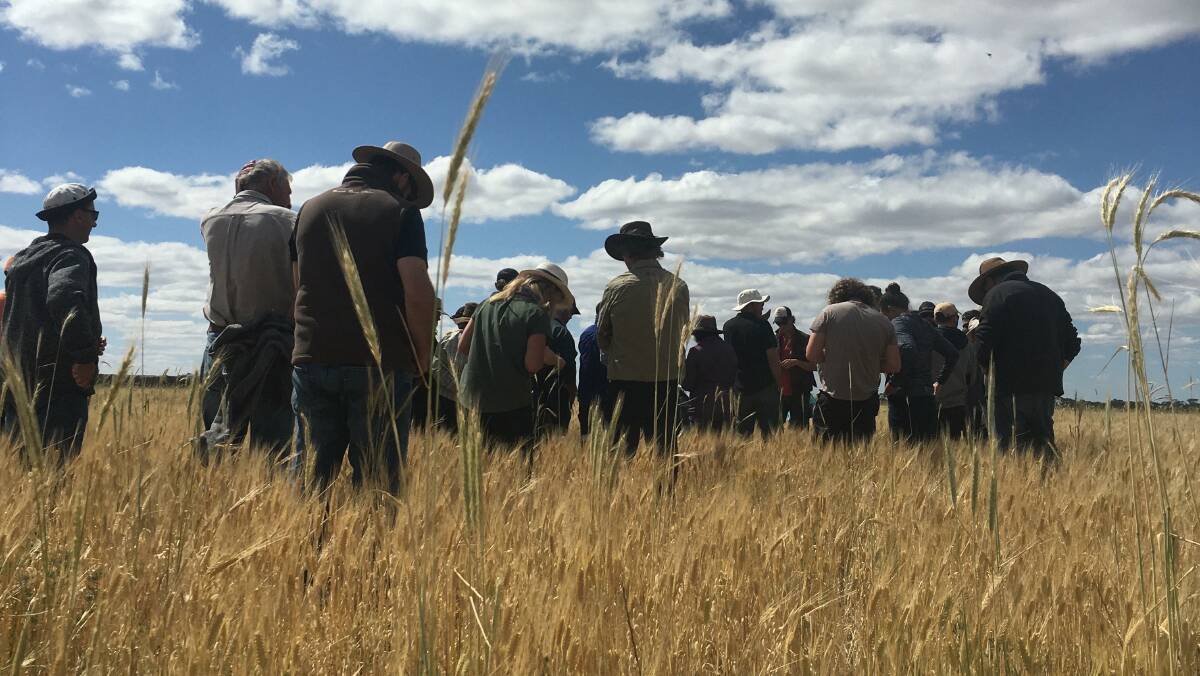
Mr Kelly, a fifth-generation farmer, credits the change to the regenerative farming principles which the family has embraced at the 2000 hectare Hollands Track Farm.
He is one of the early adopters of the practice in Western Australia - which has brought a revolutionary change in his farming strategy away from using chemicals - such as fertilisers, insecticides and pesticides - to multi-species, perennial cover crops and natural inputs such as compost extract, fish and kelp to re-establish and rebuild soil microbiology.
And it has seen him emerge as a leading proponent of the farming approach in the State.
As well as managing the farm with his wife Lucy and parents Malcolm and Cathie, he is a participant in several well-known farming groups, including as chairman of the Wheatbelt Integrity Group.
And he is in regular and increasing demand as a speaker at field days, conferences and workshops in WA and nationally - activities which saw Hollands Track Farm and WIG selected as finalists in the WA Landcare Awards in October, where Nick was recognised for his leadership in the discovery and application of innovative farming practices.
"Regenerative farming is such a moving target at the moment and I guess it is still quite new and it can be difficult to define,'' Mr Kelly said.
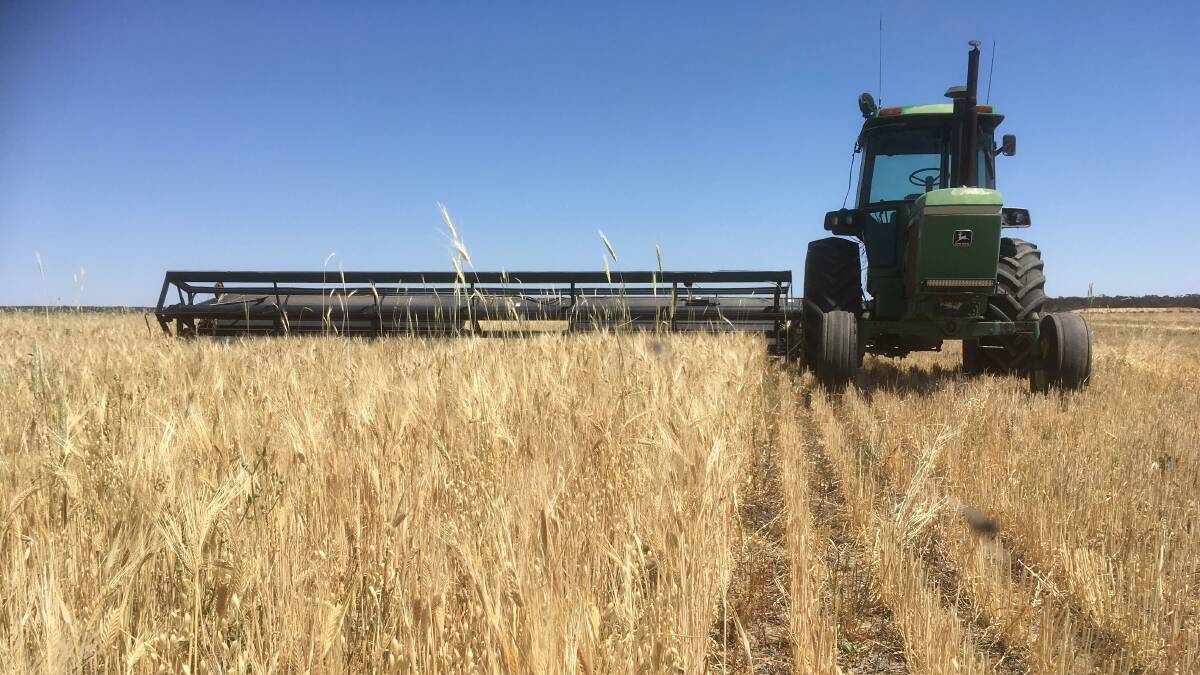
"For us, there is zero tillage, there is ground cover, a diversity of plant species and a living root system that is growing all of the time, or as much of the time as possible.''
Mr Kelly said that what began as a search for a better way to tackle a growing and near-overwhelming weed problem on the property led him to the zero-till, low input regenerative farming approach - which has in turn shifted his priorities to continually improving soil health at Hollands Track Farm and more recently to developing livestock partnerships with other growers and shifting his business priority to look at profitability over grain yield.
Now his ambition is even broader - to spread the word that regenerative agriculture principles could potentially safeguard the future of farming families on smaller landholdings and thereby help protect WA's regional communities.
"From the Wheatbelt Integrity Group point of view, we are really interested in stopping the decline of the family farm,'' Mr Kelly said.
"It is happening world wide and we are looking at our own backyard."
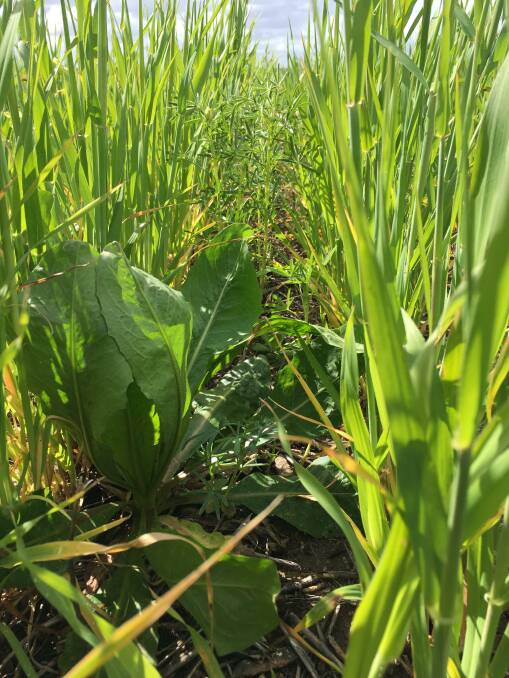
Mr Kelly points to figures which show the more than 16,000 grain growers registered with CBH in 1969 fell to about 10,000 graingrowers in 2000 and is now less than 3700 people - with Rabobank predicting that by 2040 there will be 500 left.
"I think that is so concerning from so many angles, because we lose our communities - they are already dying really fast,'' he said.
"I can see that regenerative farming is a way of turning that around, because we can have smaller landholdings.
"If we prove the model - that it works really well and that there is quality of life for the farmers and there is time for the family and there is community."
The family's Newdegate farming journey began when Malcolm and Cathie Kelly moved from Meckering in 1965, clearing the property as part of a scheme to open up some of the region's last remaining virgin bushland for farming.
Farming blocks were in high demand and the family used conventional approaches which, while profitable, created problems down the years.
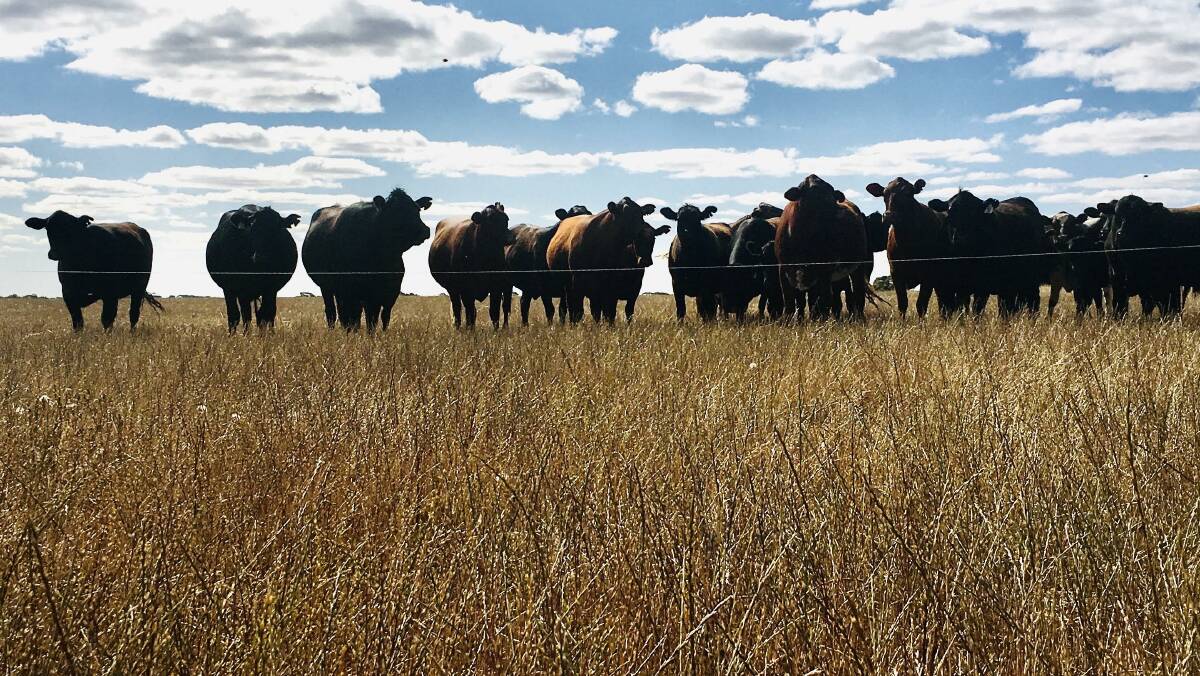
"The soil was a lot more friable and there was far less compaction when they first cleared this country,'' Mr Kelly said.
"Now we have a whole lot of compaction and soil constraints and soil health issues because of our management since that time - some of it wasn't avoidable, of course, because in the process of clearing the land you have got to chain and rip and burn and cultivate it to be able to farm it."
By the 1980s and '90s, Mr Kelly had spent time away at boarding school for five years and at university and then went travelling and surfing, but whenever he returned to the farm he was hit by the challenge posed by weeds.
"The spraying of weeds was becoming a bigger and bigger problem,'' Mr Kelly said.
"We were facing soil health issues, although I didn't know that was my problem at the time, they were really presenting as weed issues.
"We were constantly creating issues for ourselves that we would then have to go fix - we were always trying to fix pH issues because our inputs were so acidic.
"I started to investigate a better way of doing things and changing our practices, because I was sick of doing the same things over and over and not seeing the results I wanted.''
Mr Kelly was already looking for new ideas and about 20 years ago a real catalyst for change came via his participation in the WA No-Till Farming Association, which started bringing inspirational speakers to WA, including Rolph Derpsch, from Paraguay, Rick Bieber, South Dakota, United States and Dwayne Beck, research manager at Dakota Lakes Research Farm, South Dakota.
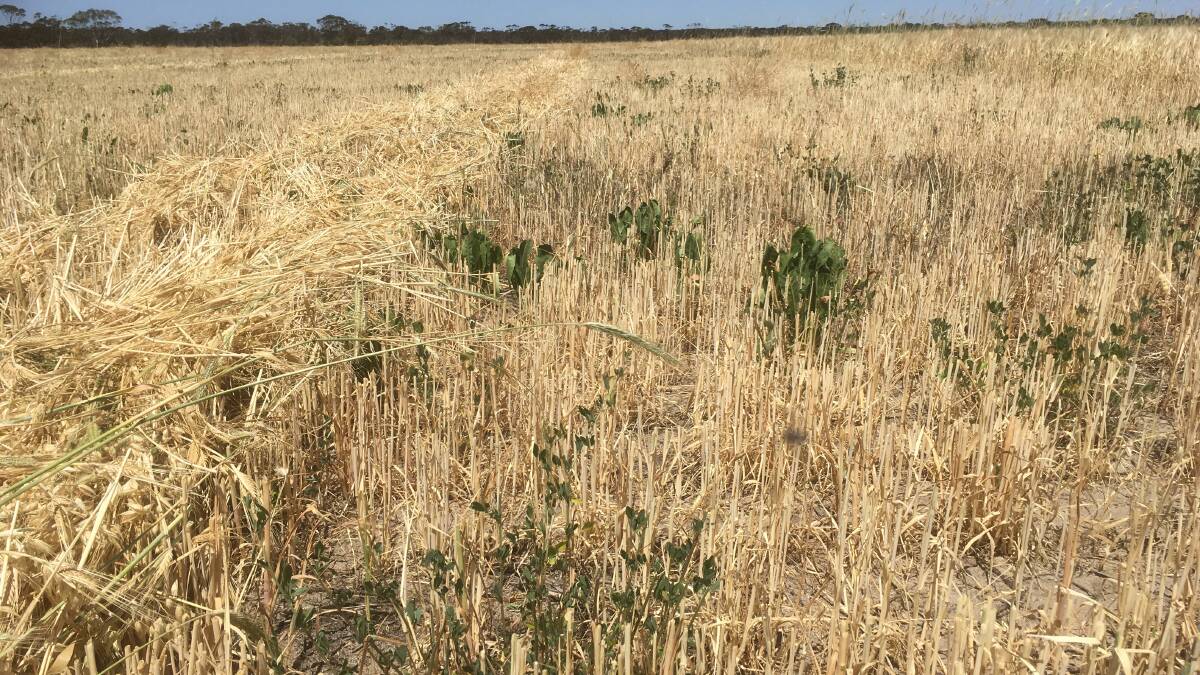
They were preaching a new way of farming incorporating cover crops and really focusing on soil health and microbiology - and Mr Kelly was converted.
"It opened my eyes to the fact that soil is more than a chemistry set,'' he said.
"It is really about the biology that drives the system.
"It was in the late 1990s and 2000s when I really got interested and excited about the possibility and potential of changing the system, but it has taken a long time to learn and to pioneer.''
The family started by learning how to grow a summer crop in the harsh Newdegate environment - which was far from usual practice in the region.
They stopped using fertiliser in 2014 and started winding back other chemical inputs - such as pre-emergents, fungicides and insecticides - stopping them entirely a year ago.
"Generally it is the practice in this area to spray everything and keep everything dead and bare in the summer to preserve moisture for the winter crop and - people argue - to also preserve nutrients,'' Mr Kelly said.
"We have hot, dry summers with a bit of summer rainfall and thunderstorms and cold, wet winters and so it is very much a dead kind of farm environment and very hot and bare in summer here.
"We were pioneering this kind of regenerative farming in our area and there was really no one to ask questions of, as no one had done it before here.
"It was a really sharp learning curve.
"I guess we have watched the biology come back to life, slowly but surely.''
The Kellys grow a diverse mix of plants in their cover and cash crops - with the cover crops having up to nine species in them, including barley, oats, wheat and cereal rye.
Mr Kelly said he used millet as a cover crop significantly in the past, growing it as a transition into summer to sell into the bird seed market, but he had moved away from the grain in favour of multi-species perennials.
"Then it is a once-off,'' he said.
"If I establish them well and look after them, they are there for years and years.
"For me, it makes a whole lot more sense.''
Harvest has only just begun on this year's crop but Mr Kelly estimates yield will be about one tonne a hectare, with income from the mixed grains likely to start at about $500 a tonne.
The family targets a specific market for the crops - at this stage it is a local market for feed for heritage meat birds, free-range pastured port and free range organic laying hens.
The perennial crops also make good feed for cattle and sheep.
Mr Kelly said that the market would shortly grow interstate as well.
"Some of the market has definitely found us or come to us and there is a demand growing for what we are producing,'' he said.
"A lot of these guys are starting to understand the benefits of grain grown in a regenerative farming system.
"I guess that is also what happens when you have a diverse species and in that symbiosis which happens between plants and biology, we believe you end up with a superior product which is more nutritious.
"We haven't pumped the system up with synthetic fertiliser and got in the way of that natural soil function."
Mr Kelly said turning off all the chemical inputs about a year ago - after winding them back over the past five years - was a "leap" of faith.
"We are just harvesting now and I am so glad we made that decision,'' he said.
Instead of synthetic fertiliser Nick improves the soil by using combinations of compost extract; fish and kelp as a fungal food source; and humates, which are a high source of carbon and fulvic acid.
The change is significantly cheaper - Nick spends about $2 a hectare on his natural inputs compared with about $80/ha previously on fertiliser and he said most existing farm equipment could be adapted for regenerative farming with minimal cost.
Instead of focusing purely on yield and profit from crops, he has moved to integrating animals into the farm structure as well.
Mr Kelly has a partnership with Tom Golding, who is running about 30 mainly Angus cattle on the property in a planned rotational grazing system.
Mr Golding's cattle are held in a temporary fencing system, with a hot wire, which is moved regularly around the pastures on Hollands Track Farm - it means good feed for the cattle while ensuring the pastures are not over-grazed.
Mr Kelly said he was keen to pursue other livestock partnerships - perhaps initially with an egg or pork producer.
"It is quite liberating to take that emphasis off yield and look at a whole system approach,'' Mr Kelly said of integrating the livestock.
"When your cost of production is low and we end up with so much feed in summer, so we are not hand-feeding animals any more, it starts to add up financially.
"We are really open to stacking more enterprises on our farm.
"Already there are three families on our farm and soon there may be four.
"Stacking enterprises and running all these enterprises, which all benefit the soil health from an ecological point of view, means things will improve when we get it right."
Mr Kelly said he felt momentum was building among farmers keen on exploring regenerative farming - beyond the increasingly well established practice of zero-tilling - although there are more questions than answers at the moment.
He is enthusiastic about helping lead the way and helping others learn from what has worked well - and not so well - on his farm.
"I am speaking to people all the time who are wanting to know how to make the transition and what they should be doing,'' Mr Kelly said.
"As people's debt levels increase and we start to lose our farmers and as farmers start to question the system they are in, I think that will speed things up, because people are starting to realise that perhaps there is an alternative.
"Before when people were questioning the system they were in and financial issues were starting to squeeze there wasn't an alternative, now people are going 'let's check this out, maybe this is the direction we need to move in'.
"We are finding that people who start down this path and see some success, they can start seeing the future of it and they just naturally start to go after it, they start to want to get rid of their chemicals and their fertilisers and things.
"It seems to be a natural progression, when people get it.''

